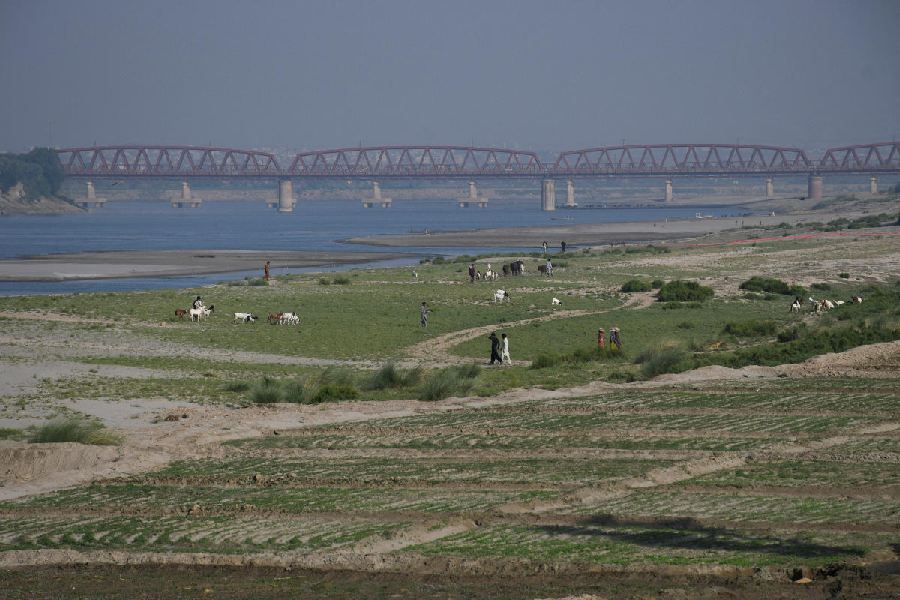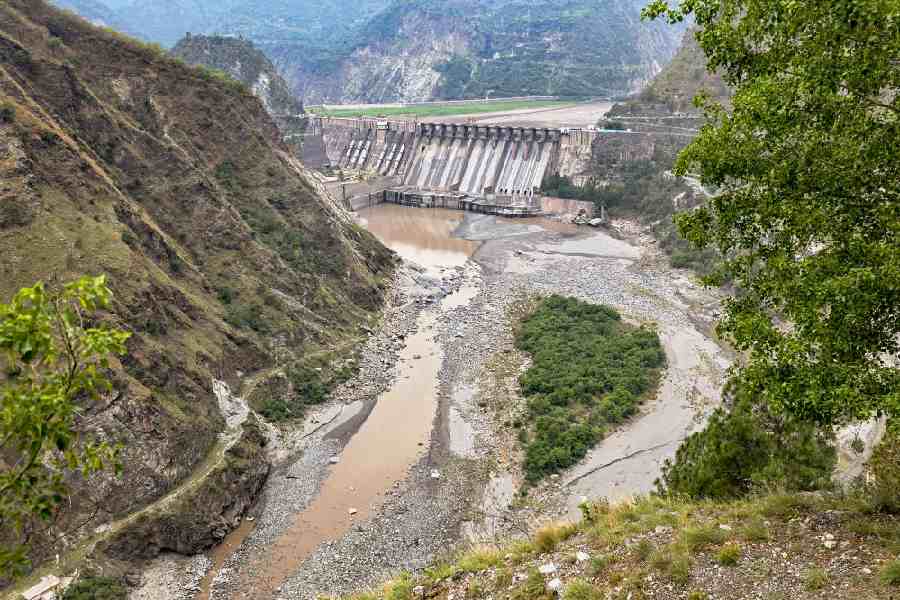India on Friday dismissed the authority of the Court of Arbitration purportedly constituted under the 1960 Indus Waters Treaty, declaring it “illegal” and a “brazen violation” of the treaty itself.
The ministry of external affairs (MEA) said the so-called court has no locus standi and rejected its recent “supplemental award” asserting jurisdiction over the Kishanganga and Ratle hydroelectric projects in Jammu and Kashmir, reported Times of India.
India has refused to participate in any of the proceedings of the Permanent Court of Arbitration since Pakistan raised objections in 2016 to certain design elements of the 330 MW Kishanganga and 850 MW Ratle projects.
Despite this, the court on Friday issued a supplemental award, stating that India’s decision of April 23 to keep the Indus Waters Treaty in abeyance “does not limit” its competence in the matter. The court also declared its ruling “binding on the Parties and without appeal.”
Responding to the development, the MEA issued a five-point statement, reiterating that the arbitration panel is “purportedly constituted under the Indus Waters Treaty 1960, albeit in brazen violation of it.” The ministry categorically rejected the claims and competence of what it called a “self-appointed panel.”
“India has never recognised the existence in law of this so-called Court of Arbitration, and India’s position has all along been that the constitution of this so-called arbitral body is in itself a serious breach of the Indus Waters Treaty,” the statement said.
“Consequently, any proceedings before this forum and any award or decision taken by it are also for that reason illegal and per se void,” it added.
The supplemental award does not address the hydropower projects themselves, but is instead a follow-up decision focusing on whether the court has the legal competence to hear the case initiated by Pakistan.
India has maintained that the Indus Waters Treaty has a graded dispute resolution mechanism, and two different approaches cannot be simultaneously pursued to address differences.
India’s rejection of the arbitration court’s authority comes in the backdrop of a sharp deterioration in bilateral ties.
A day after the Pahalgam terror attack on April 22, which killed 26 civilians, India announced a series of diplomatic and economic punitive measures against Pakistan.
Among these was the suspension of the Indus Waters Treaty, a landmark agreement brokered by the World Bank in 1960.
At the time, Foreign Secretary Vikram Misri said the treaty “will be held in abeyance with immediate effect, until Pakistan credibly and irrevocably abjures its support for cross-border terrorism.”
The Indian government’s April 23 decision to suspend the treaty was also raised during Friday’s hearing at The Hague. However, the arbitration court ruled that this decision had no bearing on its jurisdiction.
Calling the panel “unlawful” and its functioning a direct challenge to the provisions of the Indus Waters Treaty, the Indian foreign ministry reiterated its long-standing position: “India has never participated in the proceedings of this so-called Court of Arbitration. It has no authority over India’s sovereign matters.”











